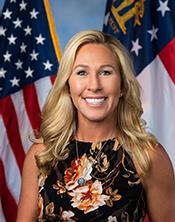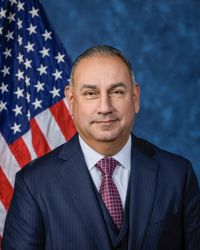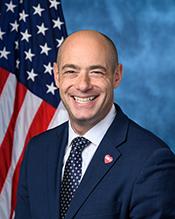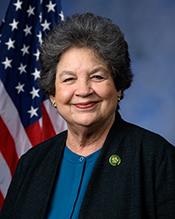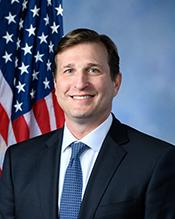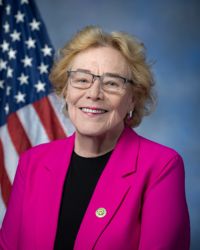S. 1098: Opioid Overdose Data Collection Enhancement Act
This bill, titled the Opioid Overdose Data Collection Enhancement Act, aims to improve the ways in which data related to opioid overdoses is collected and shared across various states and localities. Here are the key components of the bill:
Purpose
The primary goal of the bill is to enhance the collection and interoperability of data concerning both fatal and nonfatal overdoses. This will be achieved through the development and implementation of a web-based, mobile-friendly software platform that allows for near real-time tracking of these incidents, as well as the use and administration of opioid overdose reversal medications.
Comprehensive Opioid Abuse Grant Program
The bill amends existing legislation by establishing a specific program for overdose data collection under the Comprehensive Opioid Abuse Grant Program. Here are the main elements:
Overdose Data Collection Program
States, local governments, law enforcement coalitions, and Indian tribes are encouraged to develop and implement data collection tools, including mobile mapping applications, that enable them to quickly and efficiently track:
- Locations of suspected fatal and nonfatal overdoses
- Administration of opioid overdose reversal medication by first responders
Eligibility for Grants
Coalitions of law enforcement agencies can apply for grants specifically aimed at implementing overdose data collection programs. They will have to meet the same requirements as states and local governments.
Requirements for Implementation
Those implementing the overdose data collection program must:
- Support coordinated public safety and health responses based on collected data
- Focus on areas where overdose occurrences and concerning trends are identified
- Ensure compatibility with existing overdose data tools at various government levels
- Make the data accessible to relevant governmental and law enforcement bodies
Audit and Application Process
Entities applying for grants must conduct an audit of current data and resources related to overdose collection before submitting their applications, ensuring that they do not duplicate existing resources.
Consultation with Agencies
The Attorney General is tasked with consulting relevant agency heads as part of implementing the overdose data collection program to ensure adequate support and integration of efforts.
Relevant Companies
- ABBV: As a pharmaceutical company that focuses on drug development, ABBV could be involved in the supply of overdose reversal medications, potentially impacting their market strategies and focus on opioid-related solutions.
- PFE: Pfizer is a major pharmaceutical company that produces medications for a variety of health issues, including pain management and possibly overdose treatments. Changes in opioid legislation may influence their product offerings and marketing strategies.
- AMGN: Amgen, which also has a stake in the development of medicinal therapies, may find its product lines or research interests affected by increased data collection and possible regulatory changes in the opioids space.
This is an AI-generated summary of the bill text. There may be mistakes.
Sponsors
4 bill sponsors
Actions
2 actions
| Date | Action |
|---|---|
| Mar. 24, 2025 | Introduced in Senate |
| Mar. 24, 2025 | Read twice and referred to the Committee on the Judiciary. |
Corporate Lobbying
0 companies lobbying
None found.
* Note that there can be significant delays in lobbying disclosures, and our data may be incomplete.




